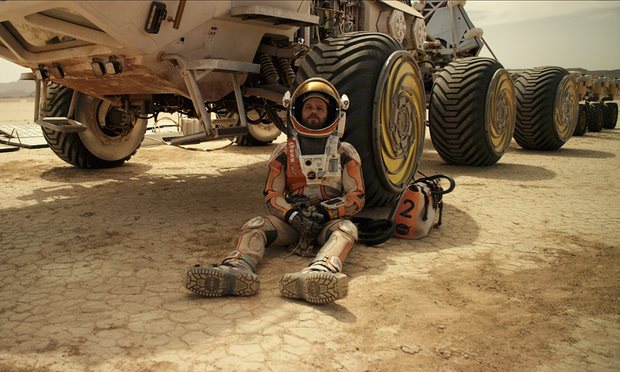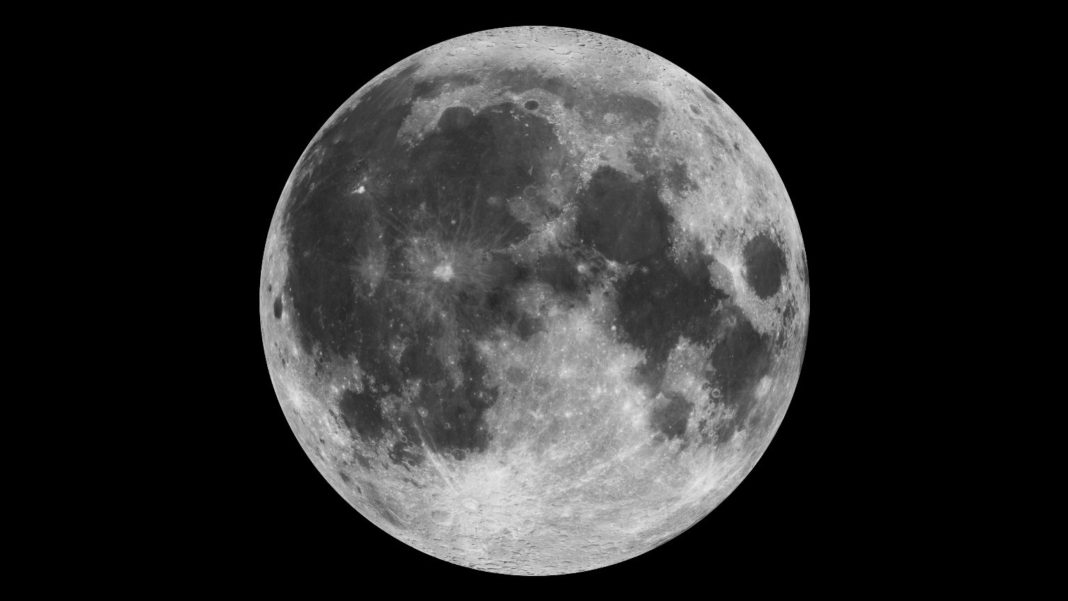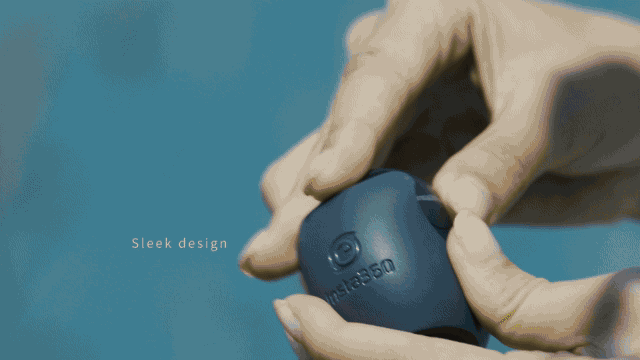We’re very lucky to live on Earth. The atmosphere here is breathable and not volatile like many other places within the solar system such as the Moon and Mars. However, that’s not going to stop NASA sending astronauts into space or Elon Musk’s SpaceX trying to colonize Mars in the ultimate space race that is happening right now. But, neither party has the technology to make it happen just yet, and a lot more work needs to be done before we’re even close.
It’s not money that’s the problem; it’s the human physiology that’s causing issues. Currently, even the shortest of missions to Mars could be detrimental to one’s health. Our bodies are just not built to withstand that sort of atmosphere. Galactic Cosmic Rays (GCR’s) are one of the major problems have up there. These are particles that are whizzed across space via an exploding star traveling close to the speed of light and would be near impossible to hide from. The risk of cancer and other medical risks also increase to a level that is unacceptable if humans were to come in contact with them.
One way scientists have thought of that would be effective to ward off GCR’s would be through the use of hydrogen. But, even though water would make a great shield, the amount needed to insulate a spacecraft would be far too heavy and beyond current capabilities. We simply cannot ignore GCR’s. In a 2014 National Academy of Sciences report, there were nine health risks listed in connection with a mission to Mars that were at an unacceptable level and another six where the severity has not yet been confirmed. Some of these health concerns include heart damage and psychological stability.
As well as GCR’s, another issue humans have in space is with weightlessness. It may seem like a pretty cool idea, to begin with, but continued weightlessness can cause permanent damage to the optic nerve. Cerebral-spinal fluid will stop circulating in the absence of gravity and the risk of blindness and dementia increase considerably in missions of one year or longer. To combat this issue space propulsion would need to get much faster to make a round-trip to Mars about 150 days opposed to a year. But, even when we can do that, the atmosphere on Mars is still too volatile to like comfortably on the surface, so would be hidden underground. Doesn’t sound like much fun now, does it?
So, it may be a while before we are able to colonize on another planet, but that won’t stop or even slow the race for now. We will just have to wait and see what comes of colonization in space in the future.
More News To Read
- 10 Key Observations About Augmented Reality
- Scientists Now Claim AI Can Predict a Criminal Just Checking Facial Features
- New Study Shows How Human Intelligence Maybe a Product of a Basic Algorithm
- Should We Be Worried About AI Robots? Will They Kill Us?
- Should Tesla Be Worried About the Competition?











